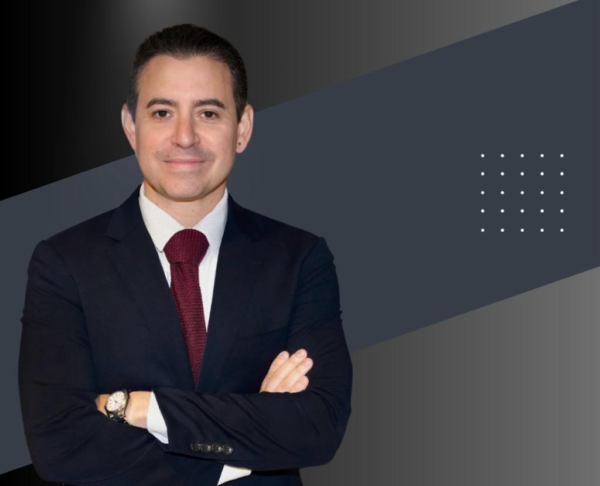
Written by: José Ramón Villalobos
We spoke with immigration lawyer Javier Montano-Miranda about Visa 01 and EB 1 for extraordinary abilities: What are the differences? Is a sponsor needed for both? Are the requirements of EB 1 more demanding?
Attorney Javier Montano-Miranda is an experienced member of the Florida law community with reputation and prestige in the immigration field. His previous experience at renowned and global firms allows him to provide a comprehensive view of the immigration system in the United States. For 15 years, he has run the firm Montano-Miranda Law in Coral Gables, Florida.
– What are the central differences between the O1 visa and the EB 1?
JM: There are differences in terms of substance and forms. The EB 1 Visa is an Immigrant visa and the O1 is a Non-Immigrant visa. The EB 1 allows you to be permanently in the United States and the O1 allows you to be temporarily. They generate confusion because both are called "extraordinary abilities", but they are not the same. Generally, the 01 Visa is renewed every 3 years, but it is granted for the duration of the applicant's presentation or itinerary in the United States.
VISA 01, unlike EB 1, requires a sponsor, that is, a company or agent in the United States acts as sponsor, que sea un vínculo entre el aplicante y el Departamento de Inmigración. La EB 1 no lo requiere, te puedes autopatrocinar.
Are the requirements to apply very different?
JM: The scrutiny to obtain the 01 visa, intended for temporary stays in the United States, is significantly less than the scrutiny for residence through the EB 1. There are people who may qualify for a 01 Visa, but who do not meet the requirements to apply for a residence under EB 1.
-Regarding the EB 1 visa: How is it qualified? Is it necessary to have an Emmy award or one equivalent?
JM: To qualify you must have a widely recognized national or international award, for example, an Emmy or a Pulitzer as you mentioned. Only with that award, you complete the first phase of the review, that is, if you have a highly recognized award, generally the first part of the process is approved.

– What if the applicant does not have an Emmy?
JM: The EB 1 visa has ten criteria points, but it is not necessary to meet all of them; In fact, no one has all ten: meeting three points is enough. In our experience and what we see most in our office, they are people who have an award, not as recognized as the Emmy, but it is important in their area and may qualify.
– Are there age limits to apply for these visas?
JM: There is no minimum or maximum age limit for the O1 visa or EB 1 residency. However, the EB 1 could present age-related challenges because it has a double check: you have to have publications that talk about you, participation in organizations distinguished, demonstration of a high salary, among others.
– What does the second review for the EB 1 Visa consist of?
JM: In this second evaluation, the Immigration Department reviews the case again, in something they call "in the totality of the circumstances" to determine if the applicant has two things: that he is at the top of his industry and a "recognition sustained". Being very young could pose challenges, because proving sustained recognition at a young age can be difficult, although the attorney can make arguments. In contrast, Visa 01 does not require this second review.
-Is it really important for an immigration lawyer to evaluate and analyze whether a person qualifies for Visa 01 or EB 1?
JM: Yes, only a properly licensed immigration attorney is empowered to provide a clear and accurate understanding of how United States immigration laws apply to a specific legal situation. At our firm we are honest, clear and responsible in analyzing each case and recommending the most effective route.
– Regarding these visas for extraordinary abilities: would you recommend them to people with pending asylum?
JM: I would advise against considering asylum as the only definitive option. Other avenues may be explored, especially if asylum is pending due to significant delays. I would recommend taking the time to explore alternatives such as O1 or EB 1 visas, since asylum and TPS may depend on the political situation in the country.
– How can someone with pending asylum explore other visa options?
JM: It is essential to seek legal guidance from an immigration attorney to understand the possibilities of transitioning from one category to another. Given the delay in asylums, it is crucial to consider alternatives before relying solely on that status. If you qualify, there are valuable opportunities based, for example, on extraordinary abilities.